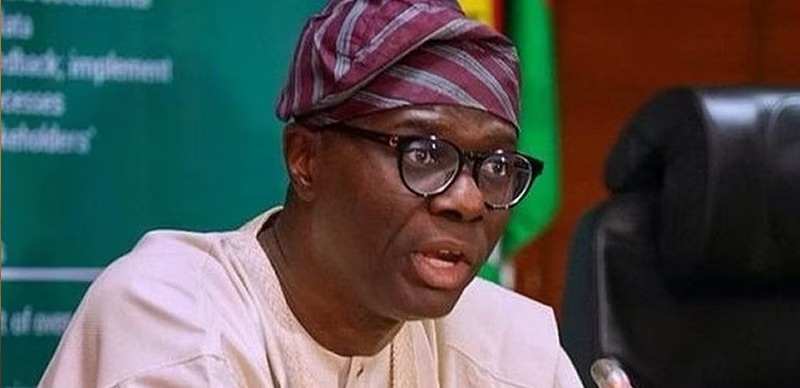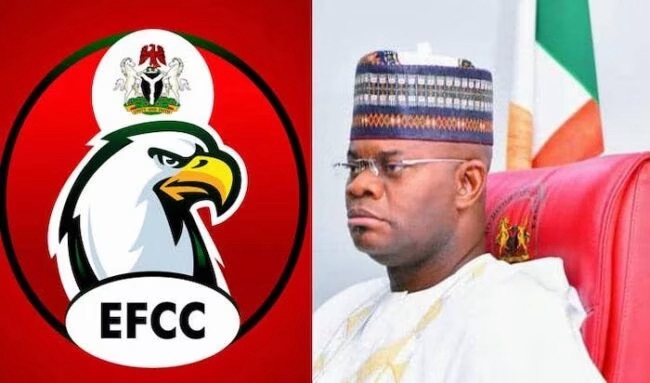A Federal High Court in Lagos has dismissed a lawsuit filed by Lagos State Governor Babajide Sanwo-Olu, challenging the Economic and Financial Crimes Commission’s (EFCC) authority to investigate him after the conclusion of his tenure. The court ruled on Tuesday that the EFCC has the constitutional mandate to probe allegations of corruption against any public official, including governors, after they leave office.
Sanwo-Olu had approached the court to seek a declaration that the EFCC could not probe him without first obtaining the approval of the Lagos State House of Assembly. He also argued that his actions as governor were covered by constitutional immunity while in office, and any post-tenure investigations would require due legislative process.

In its ruling, the court rejected the governor’s arguments, stating that constitutional immunity only shields sitting governors from prosecution, not investigation. Justice Adewale Adebayo, who presided over the case, clarified that public officeholders are accountable for their actions after their tenure ends and that the EFCC’s powers to investigate financial crimes remain intact regardless of the office previously held.
The EFCC had opposed the suit, arguing that it was premature and an attempt to preempt its statutory duties. The anti-graft agency maintained that it had the right to investigate and prosecute individuals suspected of corruption once their immunity expires. The commission welcomed the ruling, describing it as a victory for justice and accountability in governance.
The dismissal of Sanwo-Olu’s suit has sparked mixed reactions. While some Nigerians see it as a necessary step to ensure transparency and accountability, others view it as politically motivated, questioning the timing of the EFCC’s interest in the governor. Political analysts note that the ruling could set a precedent for holding public officials accountable after their tenure.
Sanwo-Olu’s legal team has expressed dissatisfaction with the judgment and hinted at the possibility of an appeal. Meanwhile, the EFCC has reiterated its commitment to combating corruption and urged all public officials to act in the best interest of the people they serve. The outcome of this case is likely to have significant implications for similar cases involving other public officeholders.





